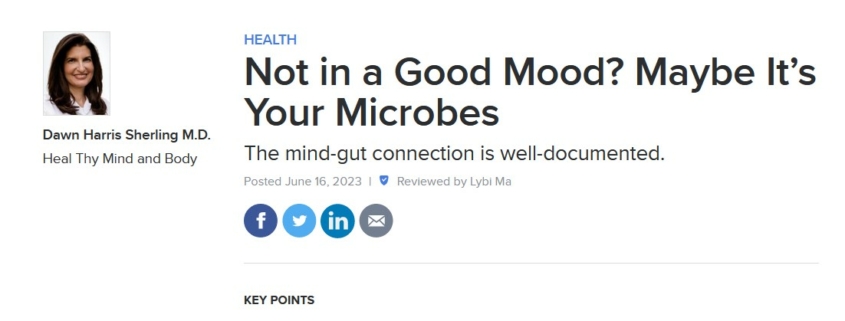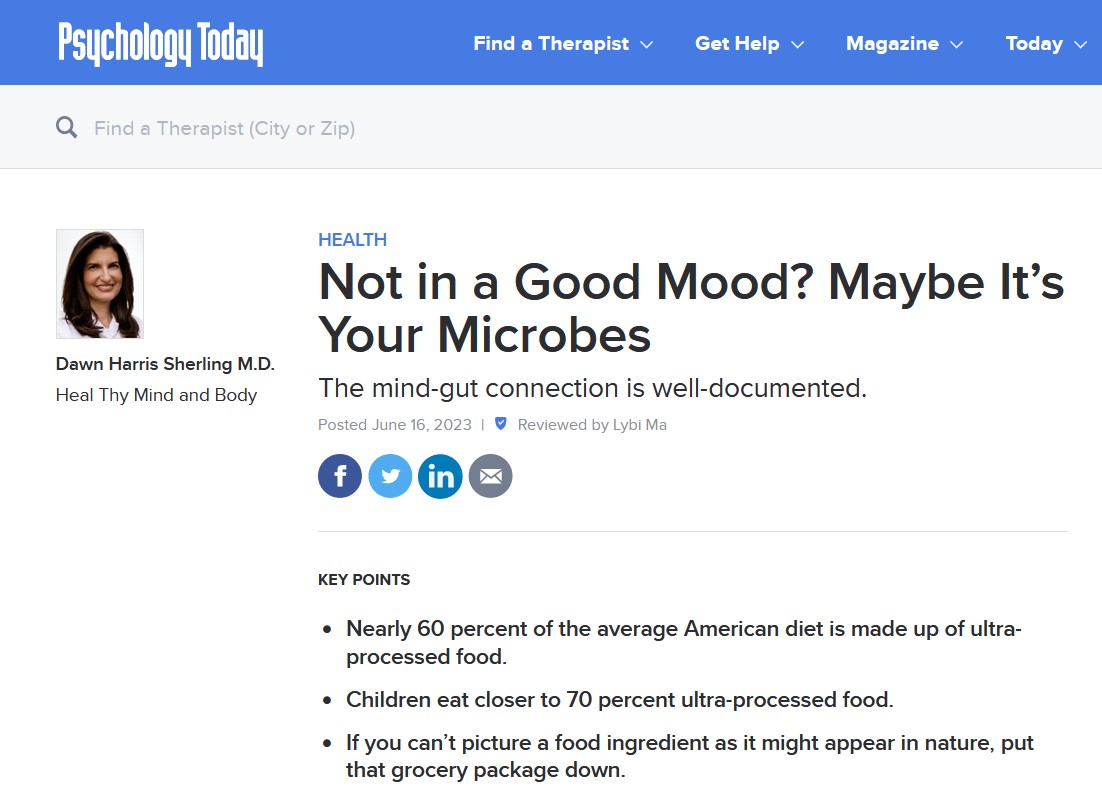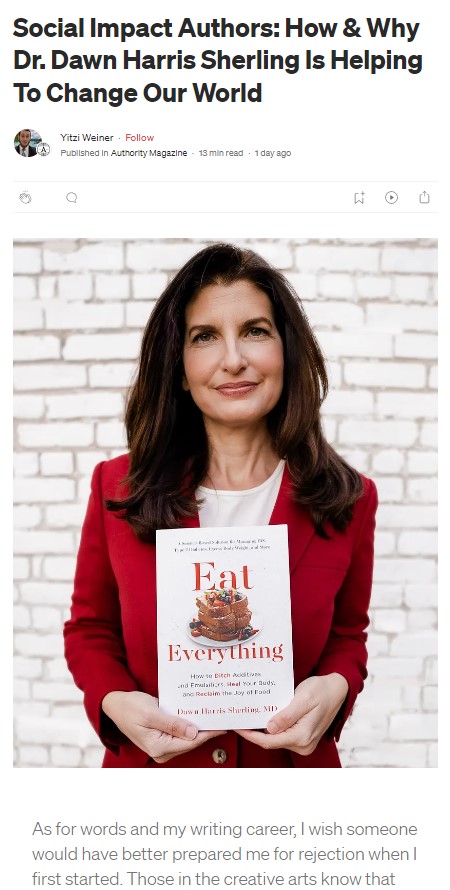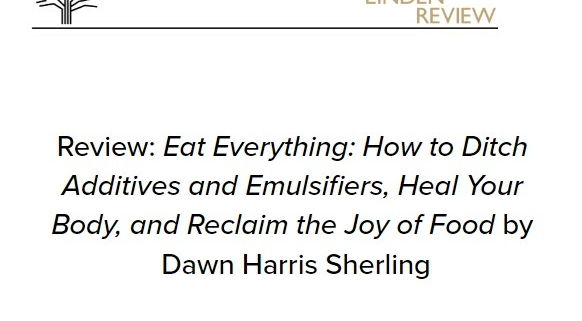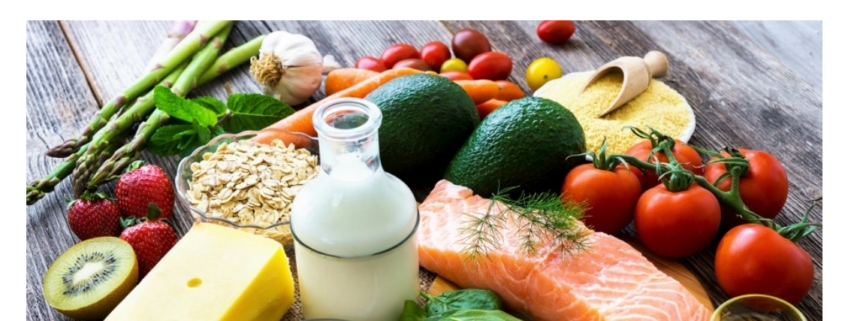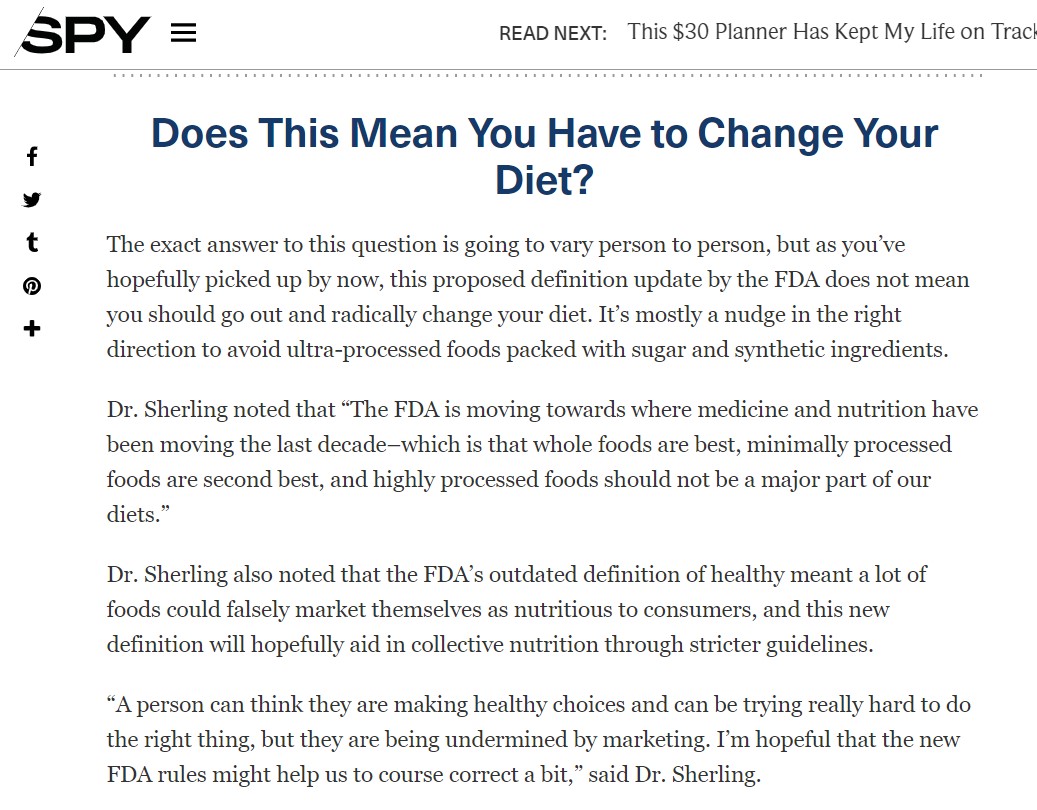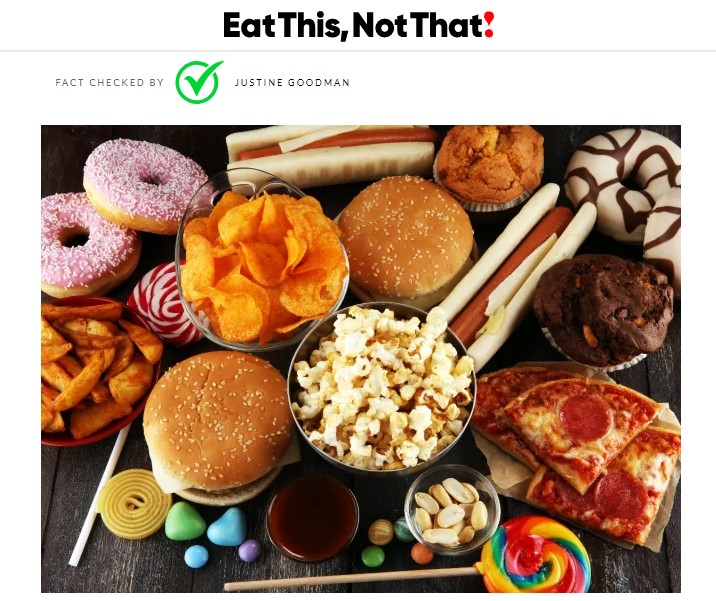The mind-gut connection is well-documented.
Here’s my latest for Psychology Today.
Excerpt:
“I’m so tired all the time.”
“I feel sad and anxious a lot.”
“I just can’t focus.”
These are observations I’ve heard patients making more and more over the years and we can come up with plenty of reasons for them. Social media and being increasingly isolated are probable contributors. The stress of having multiple responsibilities and struggling financially are undoubtedly drivers of exhaustion and anxiety. But, in the past few months, studies are being published at a furious pace, suggesting that a daily factor that we have more control over may be a much bigger contributor to our moods than was previously thought: Our food.
How can food cause fatigue, depression, anxiety, and loss of focus?
There has long been a mind-gut connection that is well documented. The vagus nerve travels down from the brain and innervates the stomach and intestines. The stomach and intestines produce a variety of substances, like serotonin, that are known to affect our moods. Many different types of health care professionals have recommended mental health treatments such as meditation, talk therapy, and even anti-depressants to improve gut health. It seems, however, that the mind-gut connection may be better understood as a gut-mind connection first.
Read my full article here on PscyhologyToday.com.
Want to learn more about your own microbiome and mind-gut connection? I have several complimentary downloadable guides and of course, my book Eat Everything, and I also write on the latest info in my monthly email, you can sign up for that here.

